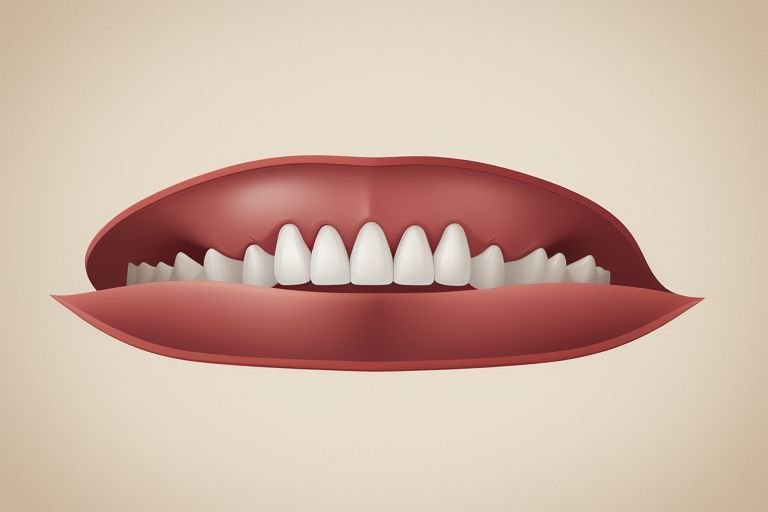The incredible journey of your body after quitting smoking
Quitting smoking can be challenging, but understanding the body’s reactions afterward can be helpful for determined smokers. Once you put down the cigarette, your body begins repairing itself: within 20 minutes, the heart rate normalizes; after 2 hours, both heart rate and blood pressure return to normal as nicotine starts leaving the body. At the 12-hour mark, your body responds by removing nicotine, which can be uncomfortable. Around 3 days post-quit, nicotine clearance peaks, possibly causing headaches, nausea, or irritability.
You’re rewriting your story—one smoke-free day at a time. Keep going!
However, carbon monoxide levels in the body return to normal.

Continued cessation brings gradual improvement. Between 1 to 9 weeks, coughing and wheezing cease, and lungs no longer ache during intense workouts. After a year, the risk of heart disease and various cancers, including lung cancer, is half compared to that of a smoker.
Choosing health over cigarettes is a gift you give yourself every day.
Fifteen years after quitting, the risk of heart disease matches that of a non-smoker. Finally, all parts of the body can also change surprisingly as a result of quitting smoking.
What happens to your health after you stop smoking?
- Brain

Cigarettes contain chemicals that make your brain feel “comfortable” in the same way that heroin is used. Once you smoke, it constantly affects the brain by impacting emotions and cravings in 20% to 30% of smokers. If you can overcome your cravings at the beginning of quitting, your brain will no longer rely on cigarettes.
2. Lungs

After quitting smoking, inflammation in the lungs is reduced, and the cilia in the lungs are no longer paralyzed. The cilia of the lungs are the cleaning system of the lungs, and they can start repairing themselves a few days after quitting smoking and return to normal function a few months later.
3. Heart

Quitting smoking outperforms medication in reducing heart disease risk as well as improving cardiovascular cell function.
4. Teeth

Nicotine darkens the teeth and gradually forms a membrane, which is also a breeding ground for bacteria. Therefore, after quitting smoking, your teeth will also become whiter and harder.
5. Skin

Harmful substances in cigarettes, such as carbon monoxide, nicotine, formaldehyde, and cyanogen hydride, will follow the blood into the skin tissue, affecting skin metabolism and slowing down the renewal rate. After quitting smoking, your skin will be more elastic and fairer.
Conclusion
Quitting smoking triggers incredible changes in your body. From your heart and lungs healing to brighter teeth and better skin, each day smoke-free brings new improvements. It’s not just about quitting; it’s about your body’s amazing ability to bounce back. So, every step away from smoking is a step towards a healthier, happier you.
Leave a Reply